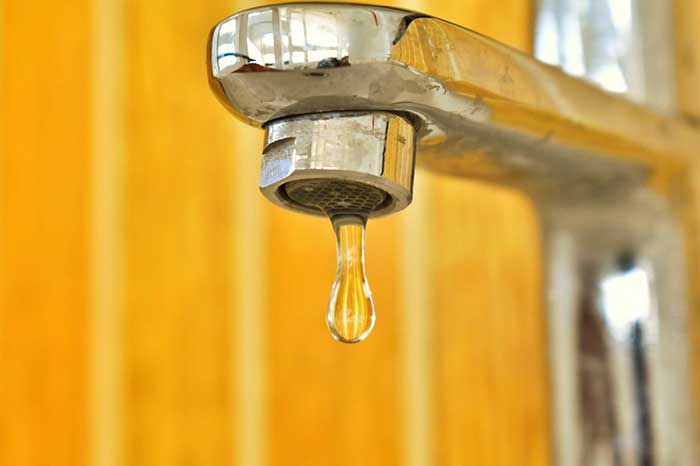
The quality of your home’s water might be way less impressive than you think. When you picture water, you probably don’t think of the details because it’s just water, after all, right? Wrong, the water in your home is important for various uses, so it needs to be high-quality.
How your home’s water could be impacting your life comes in many forms. From the scale build-up on dishes or in appliances to rusting pipes and even damage to your skin and hair, you need solutions that work. Filtering water for your home is the key, and here is how to choose the right water filtering system for your home.
1. Is it POE or POU?
Knowing what POE (point of entry) and POU (point of use) can help you narrow down your choice much easier. Point of entry will filter all water coming into your home from the external source, like a city pipe, while the point of use is for inline plumbing to filter a source inside the home, like your kitchen sink. This can help you narrow down between a cheaper alkaline water machine or a whole home system, which can be more costly. It helps to know the two types of filter systems.
2. What Is the Source of Your Water?
The source of your water may be public or private. Most people have a public water source, which is more commonly known as your municipal source. While less common, private sources of water like a well are also used. City water is usually treated well because of their use of chemicals and processing, but contaminants still exist, and for a private well, there could be even higher risk. You want to pick a filtration system that is strong for private sources and relatively less for city water sources.
3. How Much Strain Is on Your System?
The strain on your water system is most notable in the number of people your family has. The more people in the household, the more water is being used, and often at the same time. You want to find a water filtration system that can handle this huge workload, or if you are in a smaller household, you can focus on a POU system that has fewer duties to take care of. Figure out how much your household is using water to get a better picture of the needs of your water filtration system.
4. Where Are the High Concentrations of Water Use?
When you figure out how much strain is on the system, you can start to pinpoint which areas of the house are most used. The most common room in the house is the bathroom because of the sink/toilet/shower combination that uses plenty of water a day. Your kitchen sink does too, and so do major appliances like a washing machine or dishwasher, but most consistently is the bathroom, so you want to make sure the water you are washing with is not full of calcium and other added minerals.
5. What Is Being Filtered?
Another good question for general knowledge is to figure out what is actually being filtered in your water. There are plenty of chemicals, minerals, or additives that can be found in water, and they all have different purposes. You can find anything from calcium to fluoride, lead, and even E.coli. This is not surprising, as there are plenty of ways for water to get contaminated. It could be from old pipes (usually lead in homes built before 1950) or from runoff into a water source. Whatever it is, you want to know why you are filtering your water because some of these contaminants are relatively harmless (i.e., calcium), and others are the opposite (E.coli).
6. Consider the Costs
Last but not least is the cost. Water filtration systems vary in purpose and size, so it isn’t a one size fits all situation, which means they change in cost a lot. Some filtration systems for POU, like an under the sink system, can cost under $100, while whole-house systems can be thousands of dollars. Think about how much you need it, how much filtration power you need, and the possible maintenance costs associated before making a decision.
Choosing a water filtration system sounds a lot more difficult than it really is. The main things you need to know are the capabilities of your water system, the water source, possible contaminants, and the costs. When you can figure out these questions, it becomes much easier to choose a system for your home’s needs.


